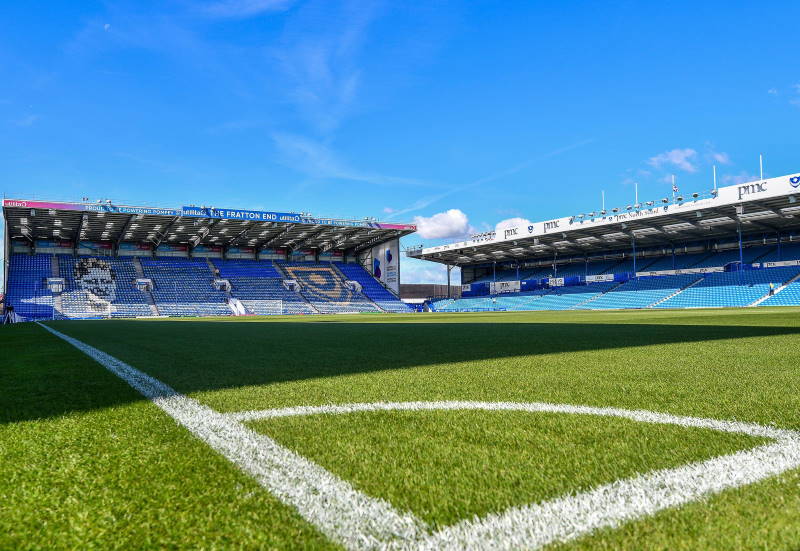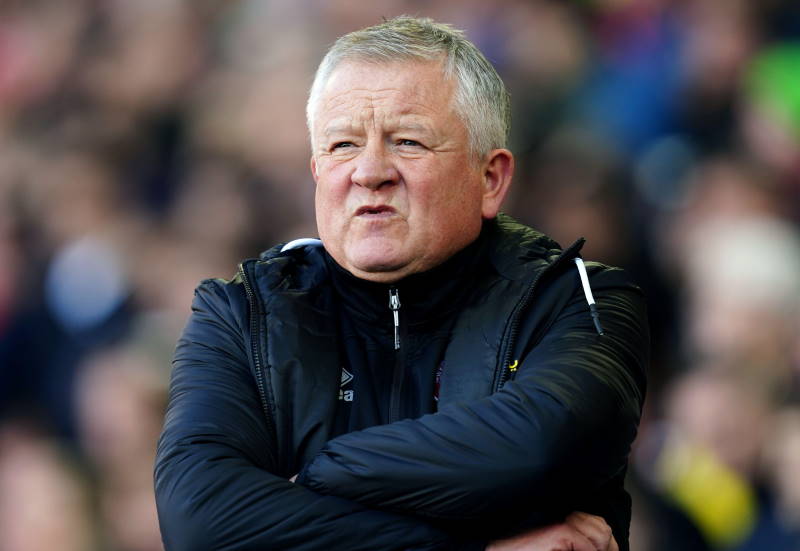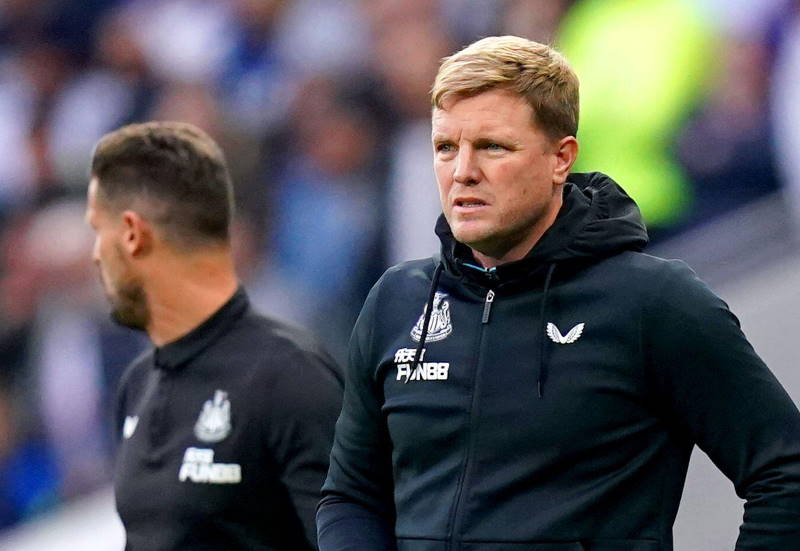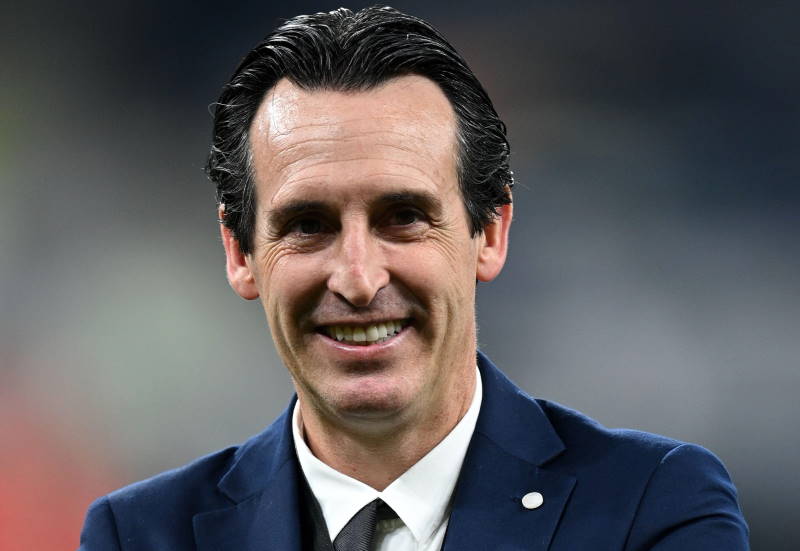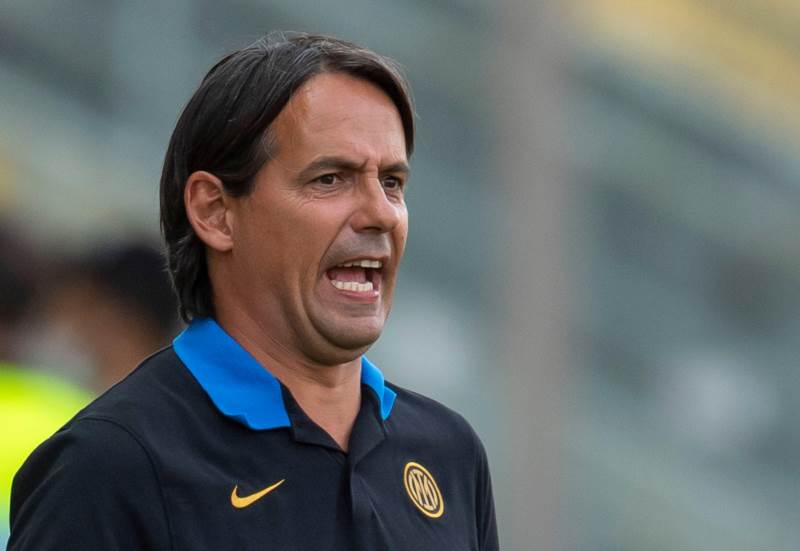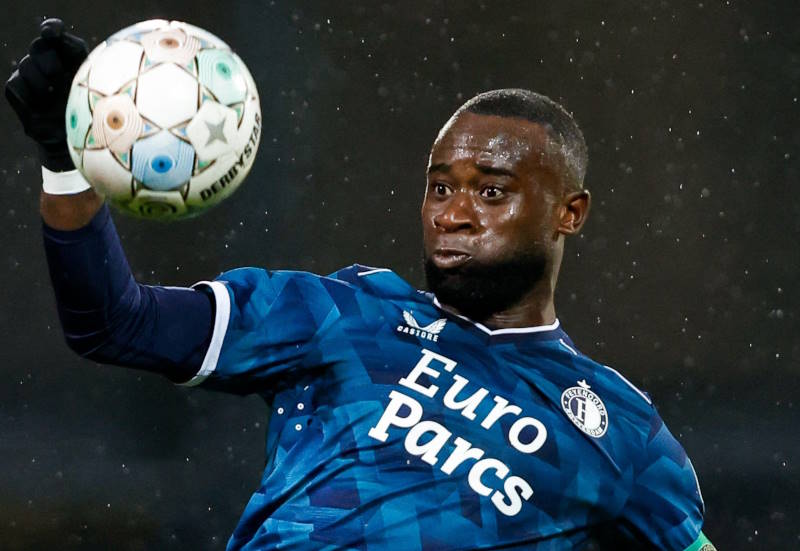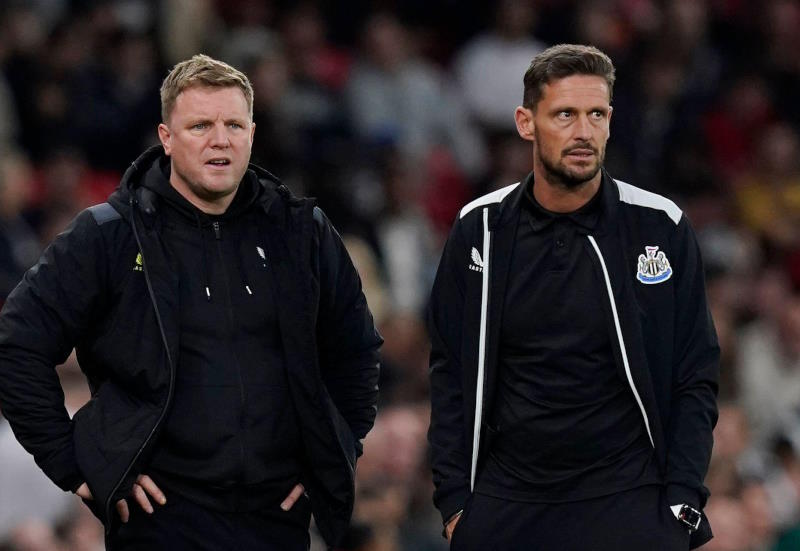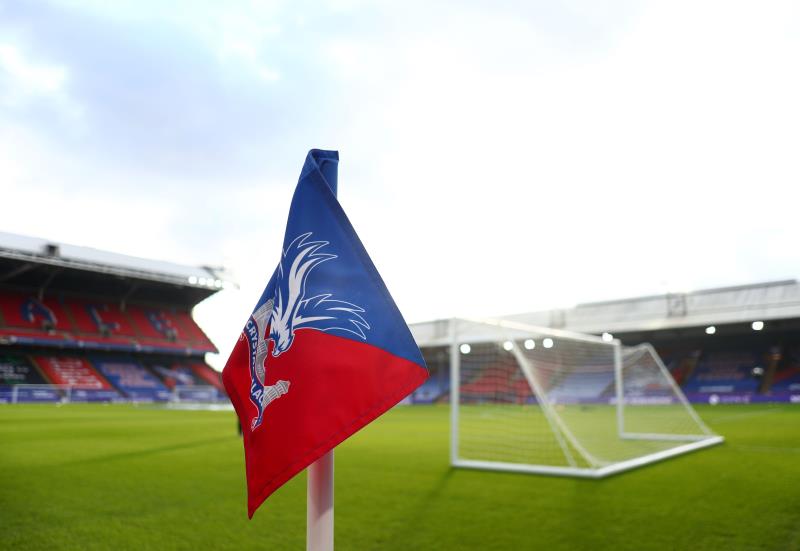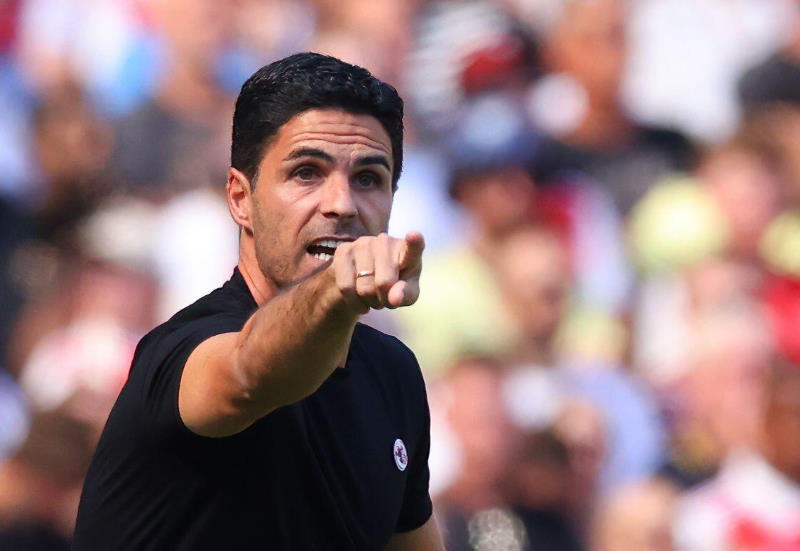
Although the country have not set tournaments ablaze in recent years, the England football team have generally at least qualified for major international finals. Even accepting that there have been one or two exceptions, the English do manage to be on the plane to Germany, South Africa or anywhere else for that matter. There was a period, however, in which the 1966 World Cup winners failed to reach four competitions on the trot (1972 and 1976 European Championships, 1974 and 1978 World Cups), and it was not long after they had become champions of the world.
The crazy thing about the whole situation was that England had a fine squad throughout this period, with many players that could and should have graced the world stage several times over. Qualification proved a difficult obstacle in the 1970s, however, and it seems strange to think that the likes of Colin Bell, Kevin Keegan and Trevor Brooking each only ever played at one World Cup.
At Mexico in 1970, many students of the game felt that England’s squad was stronger than the one that lifted the trophy four years previously. A brilliant Brazil side, perhaps the finest that ever played the game, won the World Cup that year, but the English side had given the South American giants something of a scare in the early group stage.
As the side prepared for the qualifying games for the 1974 World Cup, which was to be held in West Germany, few doubted they were good enough to make their mark. A relatively easy (and small) group consisted of England, Wales and Poland, but Sir Alf Ramsey’s men made heavy weather of the task at hand. A home draw with the Welsh and a defeat in Katowice left the English needing to beat the Poles in their final game to qualify. What followed has since gone into the annals of football folklore.
England launched what was nothing short of an onslaught on the Polish goal, with wave after wave of attacks failing to beat the occasionally brilliant and occasionally lucky goalkeeper Jan Tomaszewski. A goal out of nothing from Jan Domarski left England needing to score twice, but with fate being as unkind as possible they only managed one – a penalty from Allan Clarke. The nation was distraught, although the truth is if the side had delivered earlier in qualifying a draw would have been fine.
England went on to lose out to Czechoslovakia in qualifying for the 1976 European Championships, so they approached the preliminary rounds for the 1978 World Cup with a mixture of defiant bravery and nervous apprehension. The country’s group consisted of Italy, Finland and Luxembourg. On paper, it looked like a shoot-out between the English and Italians. On grass, that’s exactly what it turned out to be.
Both sides managed five wins and one defeat in their matches, the losses being the away games against one another. It was a bitter-sweet campaign for England, losing out in the end on goal difference. A 2-0 win against Italy, with goals from Keegan and Brooking, merely cancelled out a 2-0 defeat in Rome earlier in the campaign, where one of the midfielders who lined up against England was current coach Fabio Capello.
It was extremely disappointing for England fans at the time. Liverpool, for one, had a number of highly influential England players throughout the 1970s and enjoyed huge success on the European stage. The same players, along with many more from other clubs, were unable to transfer this dominance onto the international stage.
Whether England would have done well in 1974 or 1978 is a moot point, of course, but the truth was that their squad was a strong one throughout the decade. It was not to be, however, and the whole episode simply underlined the importance of taking the qualifying stage as seriously as the rest of the competition.
In the intervening years, England have generally done very well during these stages, although tradition dictates they then go on to underperform before losing out in the quarter-finals, often via a tense penalty shoot-out.

